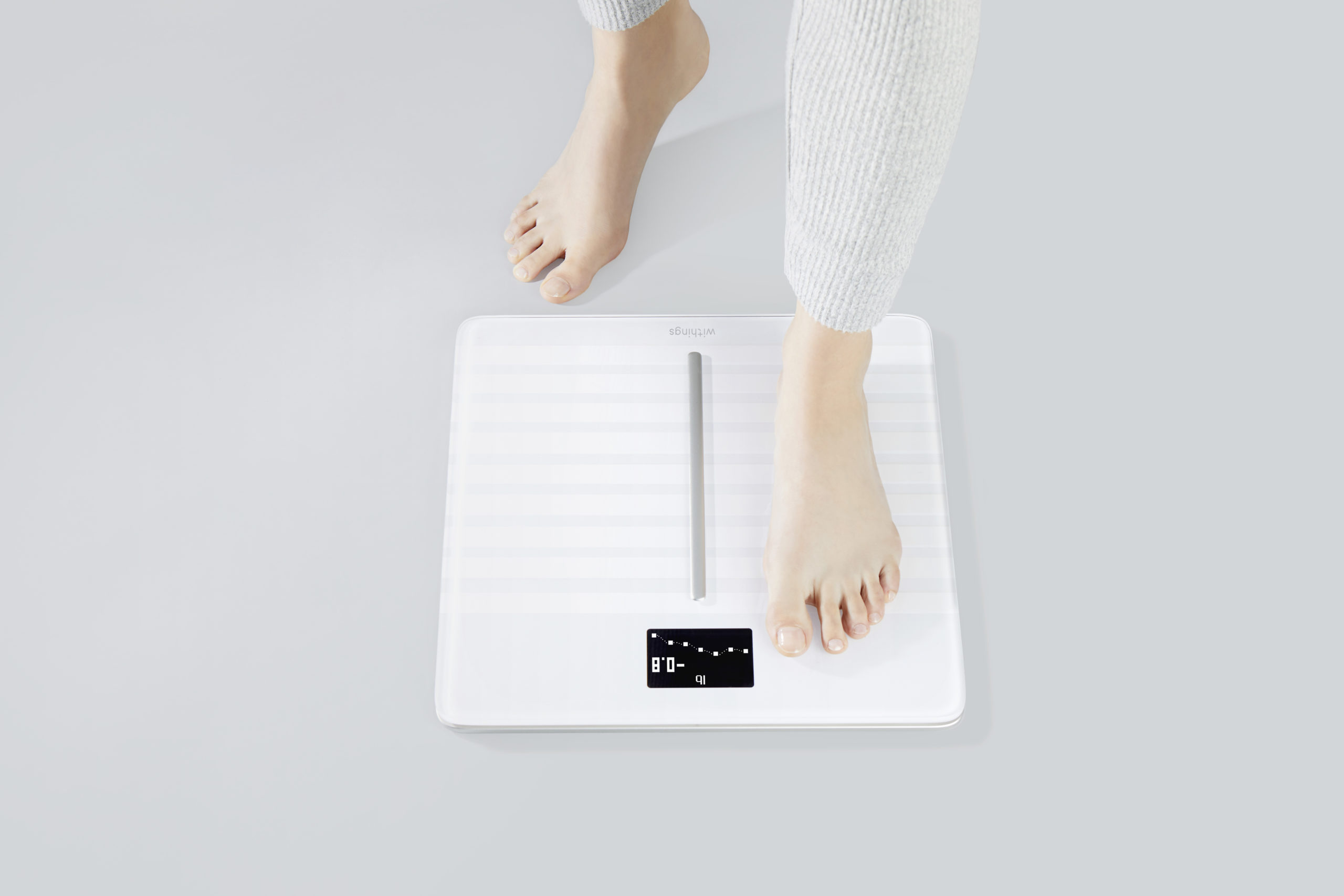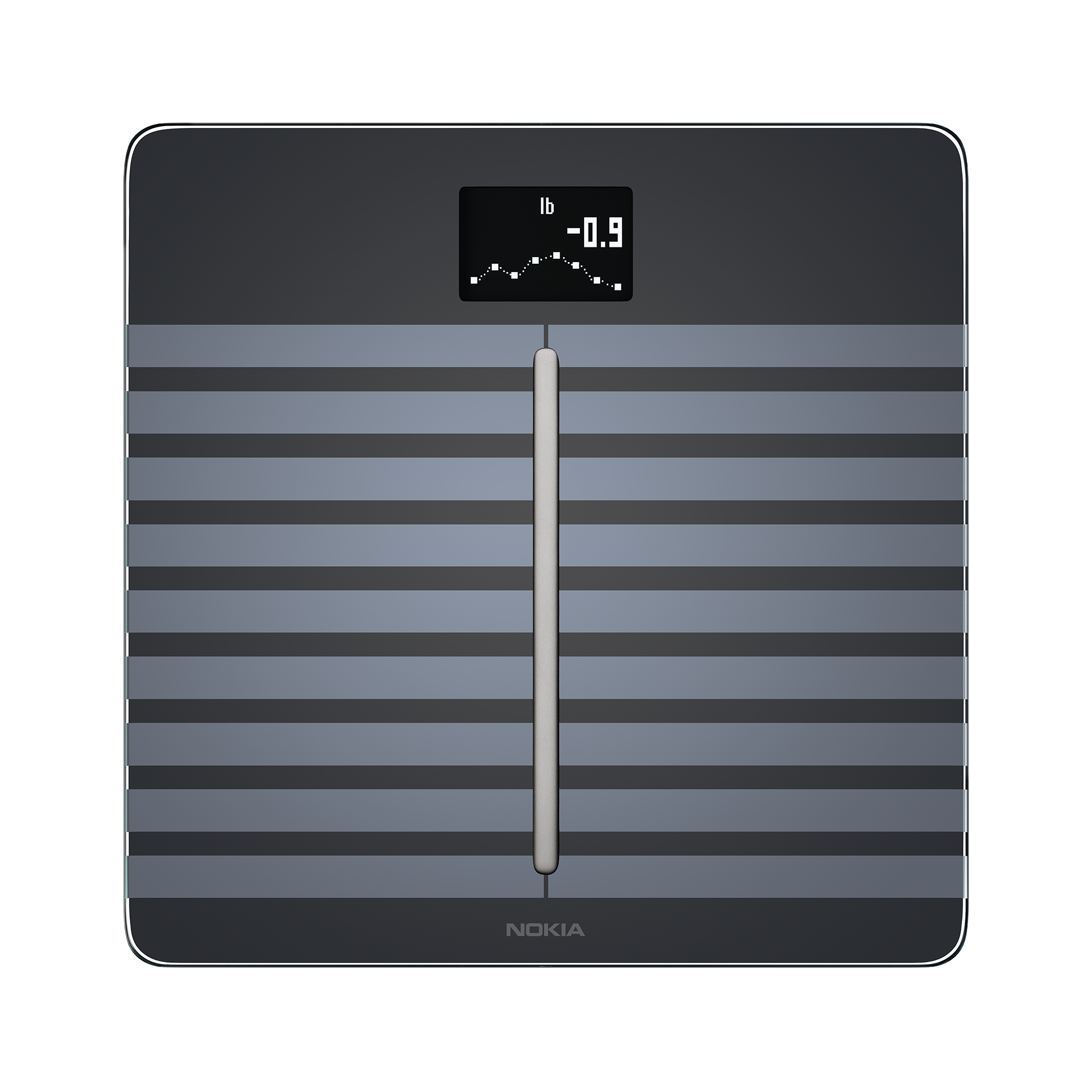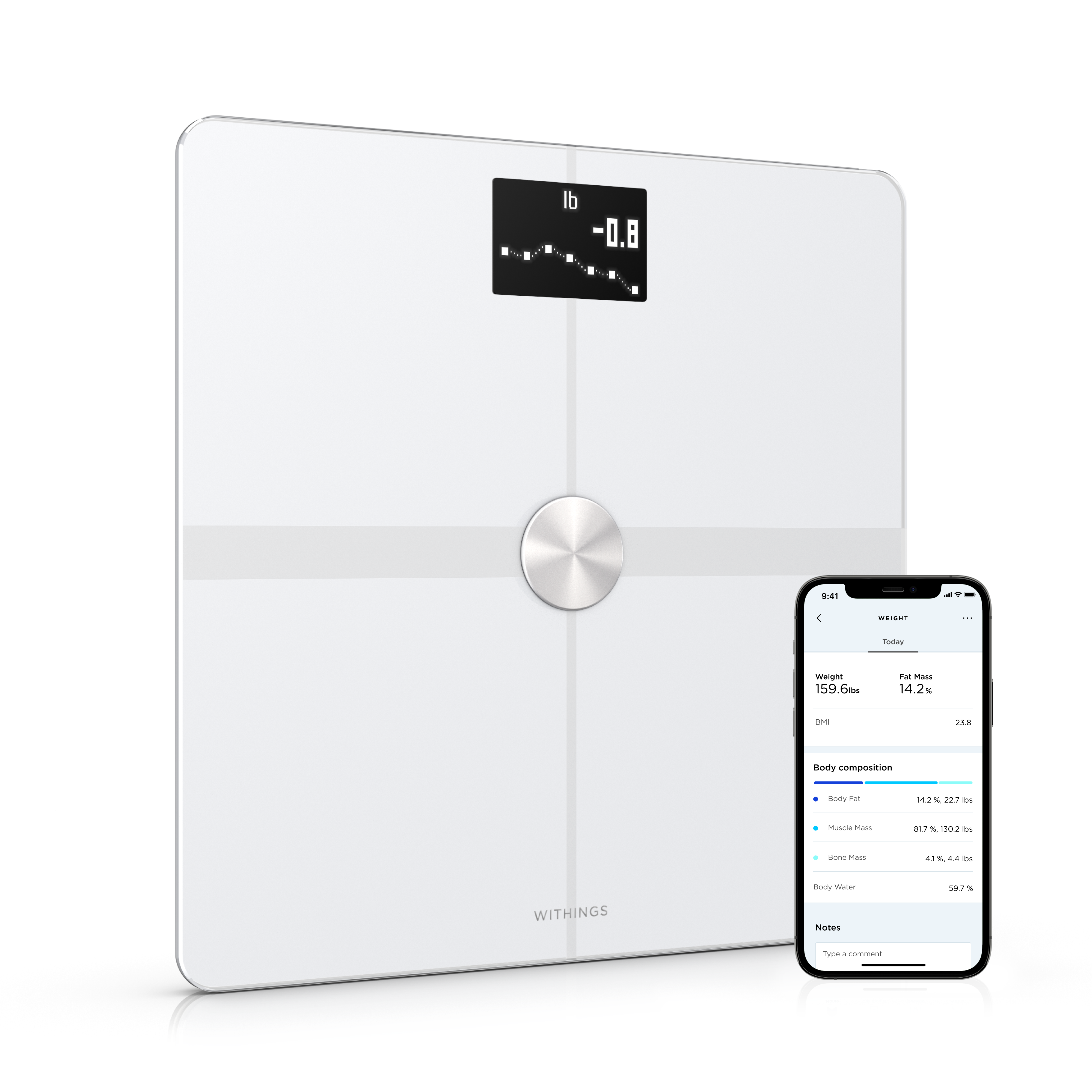
Feeling anxiety about getting on the scale can prevent you from weighing yourself for days, weeks, or even years. Find out how you can overcome the fear and face your numbers with peace of mind.
Scale anxiety is real, and really counterproductive
Excess weight is often a health concern, and the habit of tracking weight has been shown to help people lose or maintain weight loss. In a CNN article on why weighing in daily is a good idea, David Levitsky, a professor of nutrition and psychology at Cornell University said that “a scale should be as important as your toothbrush.” But for many, the idea of stepping on a scale can conjure up bad feelings.
Here’s a few things to help you step up your health tracking and step on.
Numbers are only an indication
First of all, your weight alone doesn’t mean anything. Did you know that if you are 4’9 (1.50m) and 132 lbs (60kg) you are overweight? At the same time, if you weigh 132 lbs and are 5’9 (1.80m), you are at the limit of being considered underweight according to the Body Mass Index calculation. And even this indication is not always precise enough. Indeed, weighing 132 lbs at 4’9 can have less consequences on your health than you might imagine if this weight is mostly composed of muscle. Your weight alone should therefore be put into perspective with your BMI, your body composition, but also the opinion of your doctor. If your medical professional considers that your weight is not worrisome, you get a full pass to breathe and let go of the stress.
Just remember that what is important is not the number that appears on the scale at a given time but the general trend of your weight curve, your state of health, and your self-confidence.
Figures confront us with reality
Numbers make us aware of a reality that helps us to reach goals. According to a study conducted by the International Journal of Obesity, patients who weigh themselves daily lose weight more regularly and reach their weight loss and calorie intake goals faster. The same is surely true if you are looking to gain muscle or simply to keep track of your weight to maintain shape.
In order to face this reality, confidence is paramount, and confidence requires trust in the process. Always weigh yourself at the same time of day under the same conditions by following our advice for optimal weighing, and get a high-precision, reliable and clinically tested scale so you can confidently share the numbers with your doctor.
Numbers empower us to act
If you don’t weigh yourself, you remain in a state that prevents you from acting. By facing the numbers, you can move towards taking control of your health. Doing so aids you in directly seeing the impact of your lifestyle on your weight and body composition. By observing the mechanisms that make you lose and gain weight, you gradually obtain self- knowledge needed to make the best choices and improve your health.
Further proof that numbers are a real driving force comes from a study, conducted by Withings between July 2015 and July 2016 which shows that people who have set a weight loss goal lose on average more weight than those who have not. On the other hand, this goal must be realistic so as not to discourage you.
Weighing yourself for the first time after a long pause or a short burst of abandon can be anxiety inducing. Eventually we all face the music as we are weighed every time we visit the doctor’s office. Why? Because weight and body composition are important indicators, not just data points around how good you look in your clothes.
However, the benefit of weighing yourself daily is that you can establish trends in a more reliable and quicker fashion than what you otherwise would log at an occasional doctor’s visit. Weighing yourself daily could help you anticipate or prevent the onset of chronic conditions, so rather than being anxious about weighing yourself, be cautious in knowing that not measuring your weight leaves out important information that could help you, your doctor, and others make the best decisions for your overall health.




